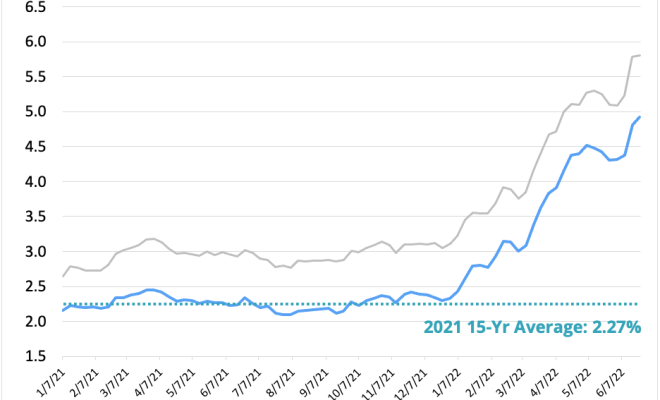The Metaverse Needs to Figure Out How to Deal With Sexual Assault

In recent years, the concept of the metaverse has gained substantial traction as a virtual reality space where users can interact with a computer-generated environment and other users. As companies like Facebook (Meta) invest billions of dollars into its development, there is a critical issue that needs addressing – the occurrence of sexual assault in the metaverse.
Sexual assault is, unfortunately, prevalent in various online platforms, with harassment and abuse occurring in online gaming communities, social networking sites, and virtual reality spaces. As we move toward a more immersive metaverse experience, it is crucial to address this issue to foster safe and inclusive virtual environments for all users.
Firstly, creating robust reporting mechanisms is essential in tackling sexual harassment and assault in the metaverse. Users should be able to easily report incidents of harassment or assault without fear of retribution. Platforms must also ensure that their reporting systems protect the privacy of victims while taking appropriate action against perpetrators. This may include warnings, temporary bans or even permanent account removals based on the severity of incidents.
Secondly, promoting education on consent and healthy online behavior is vital in the development of metaverse platforms. Incorporating informative resources about respecting personal boundaries and understanding consent within virtual environments can foster healthier interactions among users.
Another important aspect is designing virtual spaces that prevent unwanted physical proximity or contact between avatars. By restricting certain actions unless explicitly allowed by both parties involved, developers can actively reduce occurrences of unsolicited touching or interaction that could lead to harassment or assault experiences.
Additionally, community management and monitoring will play an essential role in creating a safe metaverse environment. Moderators should be trained to identify consistent patterns of harassment and intervene proactively to mitigate conflict among users.
Lastly, it’s important to encourage open discussions on this topic among stakeholders—including platform creators, government entities, developers, and users—to share their experiences and collaboratively develop policies and guidelines to address this crucial issue in virtual spaces.
In conclusion, as we venture into a future with immersive metaverses becoming a part of our everyday lives, the conversation about creating safe and respectful virtual environments must start now. By working together, we can build a truly inclusive metaverse where everyone can enjoy the benefits and opportunities it offers without fear of harassment or assault.





